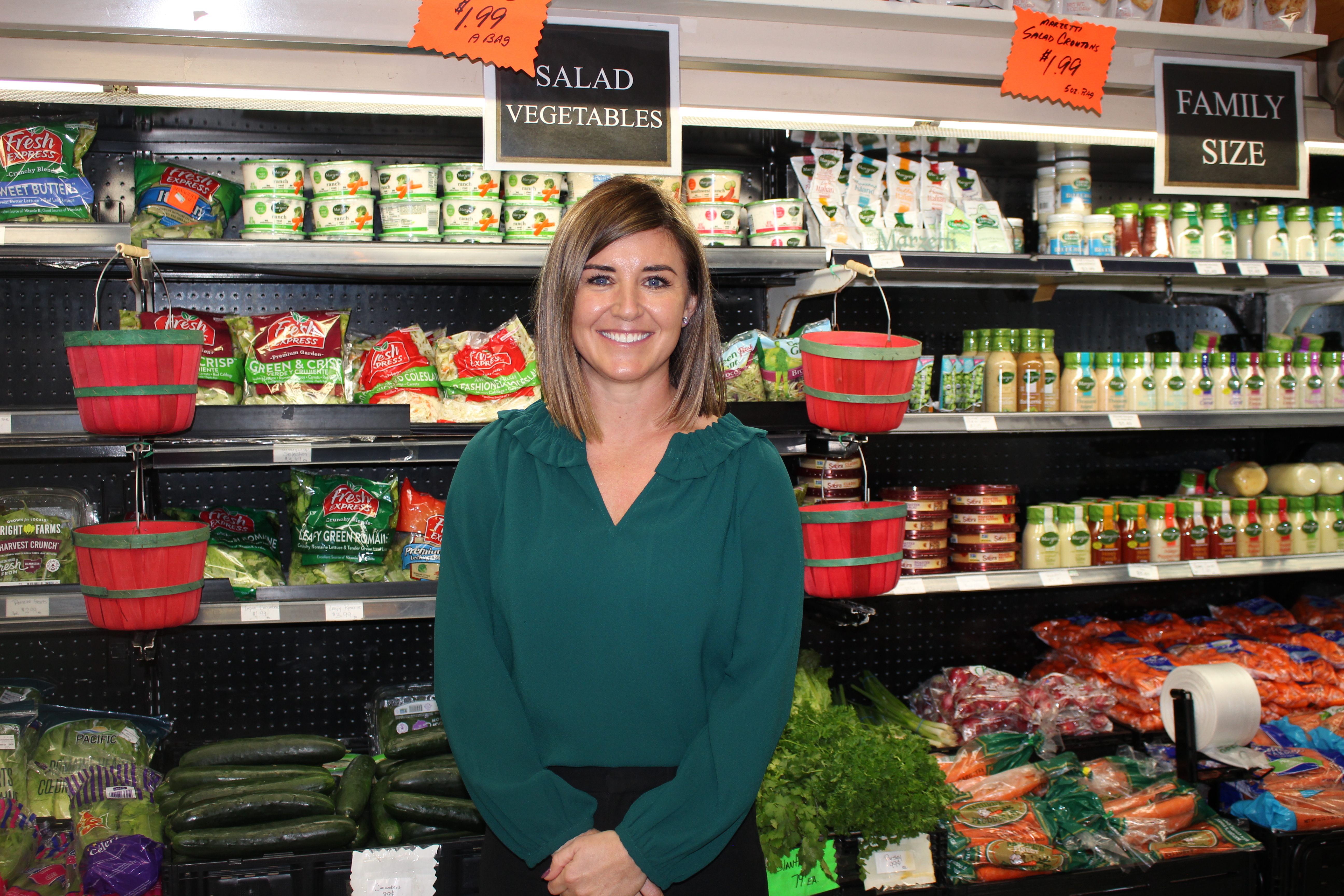As a chronic illness, diabetes represents a lifelong commitment to learning how to effectively manage the disease.
And while diabetic patients usually have the benefit of a doctor to oversee their care, diabetes is a disease that also requires a good bit of self-discipline.
Knox Community Hospital operates a diabetes education program and support groups that help patients learn how to stick to their doctor’s treatment regimen.
“Diabetes education is really a way to just gain a better understanding of diabetes,” said Natalie Brenneman, a registered dietician and certified diabetes educator at KCH. “It's learning ways to eat healthier, manage medications and monitor your blood sugar goals.”
The program is recommended for both Type I and Type II diabetics (they’re classified based on insulin use) when first diagnosed or when medication changes or they’ve been in the hospital, Brenneman said. The classes are offered one-on-one or in group settings, and a separate, free community support group is available.
She said the classes offer a tangible benefit.
“We usually see a decrease in complications,” she said.
That can apply to improvements in vision or mobility, or better decision-making when it comes to counting carbohydrates and reading nutrition labels.
While insurance normally covers the initial session when one is diagnosed, follow-up visits may not be covered. Brenneman partners with another certified diabetes educator who is a registered nurse to lead the classes, which are limited to 10 people.
At the twice-monthly sessions, held on the Knox Medical Center’s third floor, a common question concerns what a diabetic can or cannot eat.
“One of our goals is to take the fear out of eating, the fear out of social situations that involve food and kind of give people the confidence to say, ‘I'm able to eat the foods that I enjoy and work to manage my diabetes.”
How to use a glucometer to test blood sugar is another popular topic a nurse covers during the lessons, along with timing insulin injections and meals to achieve the best blood glucose readings.
“We want people to really understand the recommendations that were made by their doctors and to make things less frustrating and just more clear,” she said.
All that is needed to attend a diabetes self-management class is a referral from your primary care physician.
“We kind of look at our classes as a way to enhance those treatments that are being prescribed by the physicians,” Brenneman said.
To learn more about diabetes education, call KCH at 740-393-9000.







